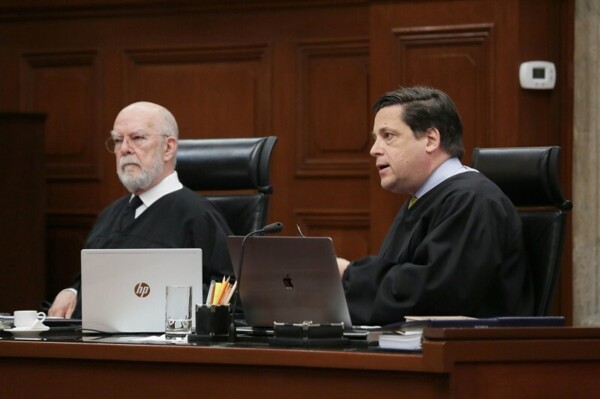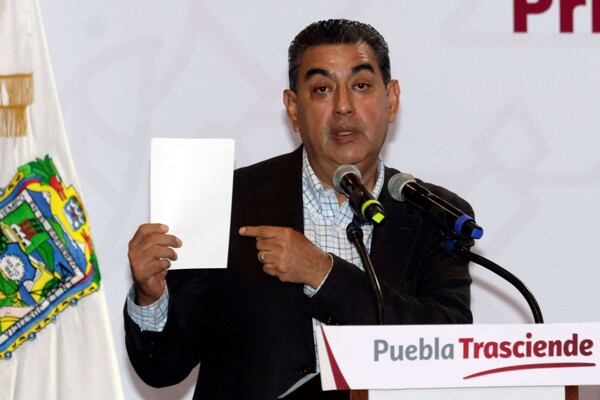
The majority of ministers of the Supreme Court of Justice have decided to act institutionally in response to the judicial reform, thereby avoiding a greater crisis in the country. The draft ruling by Minister Juan Luis González Alcántara is critical of the reform but proposes renewing the Court through popular vote, despite considering it illegal. In his ruling, he proposes the exit of the 11 current members in exchange for preserving the positions of federal and local judges and magistrates.
Among those who will resign are those who have opposed the judicial reform that seeks the popular election of judges, magistrates, and ministers. Juan Luis González Alcántara Carrancá argues that judges and magistrates should not be elected by popular vote, unlike the magistrates and ministers of the Court.
"Templo Mayor" in Reforma revealed that the majority of ministers will submit their resignations on October 29, 2024, effective August 31, 2025, resigning themselves to participate in the elections of next June in order to guarantee their retirement benefits. It is being discussed whether the presiding minister, Norma Piña, will resign or simply decline her participation in the 2025 elections without leaving her position.
Minister González Alcántara considers his project a tactic of resignation, highlighting legal principles to propose a political exit to the current situation. The judicial environment must be protected, according to magistrate Adriana Ortega Ortiz, who emphasizes the urgent need for impeccable evaluation committees for the selection of new officials.
Meanwhile, President Claudia Sheinbaum is preparing to present the individuals who will form the evaluation committees that will determine the profiles of judges, magistrates, and ministers. The pressure falls on the Court, the Legislature, and the Executive to carry out these appointments without errors. It remains to be seen if there has been a negotiation to avoid a constitutional crisis or if the confrontation persists.














